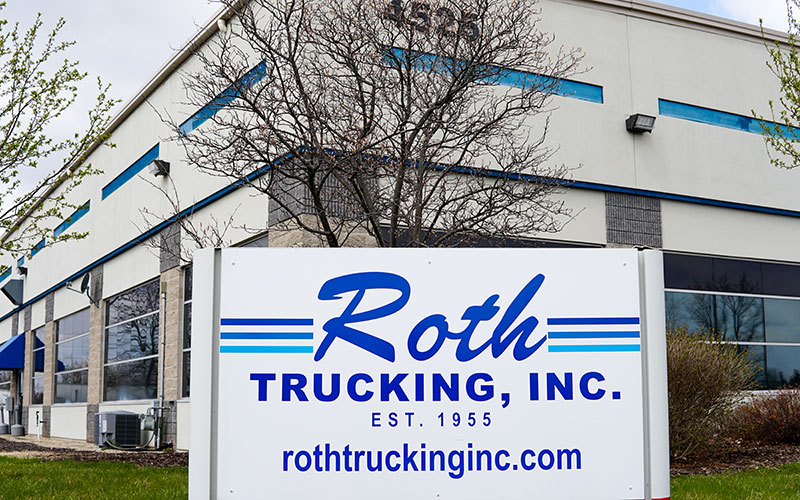Although commercial trucking remained an essential infrastructure service during COVID-19 lockdowns, freight hauling has been impacted greatly over the past three months.
According to Geotab, freight hauling activity dropped 17% during the pandemic —with that number doubling in harder hit regions like New York and New Jersey— largely due to a decline in U.S. manufacturing. While demand for goods is higher than ever, the manufacturing imbalance in the economy has led commercial trucking companies to spend more money on resources and commit to longer travel ranges in order to adapt during this time.
With some drivers and companies unwilling to deliver to hotspots for fear of contracting the virus, delayed shipping times and shortages in these areas became issues. Truck stops have had to create social distancing rules, which include reduced occupancy limits and elimination of non-essential services such as gyms and lounges to maintain social distancing. This has led to added difficulty for truck drivers getting the time off, exercise and social interaction they need.
Amidst all the negatives, some positives do stand out. Primarily, with gas prices lower than they’ve been in decades, trucking companies have been able to reduce fuel costs across the board. Secondly, border trips for international travel have dropped to 70% of their typical wait times. Finally, traffic density has dropped to 66% of normal capacity during the pandemic, helping truckers to make their runs.
During the pandemic shutdown, freight has remained the backbone of America by continuing to keep supply chains moving and the country connected. Although the industry has had to adapt, it has been able to deliver the products that are needed to ensure that everyone can continue to stay safe and healthy as we navigate our new normal.
For more information about Covid-19’s impact on freight from the logistics experts at Roth Trucking, please contact us here or call us directly at 800.522.7684.


